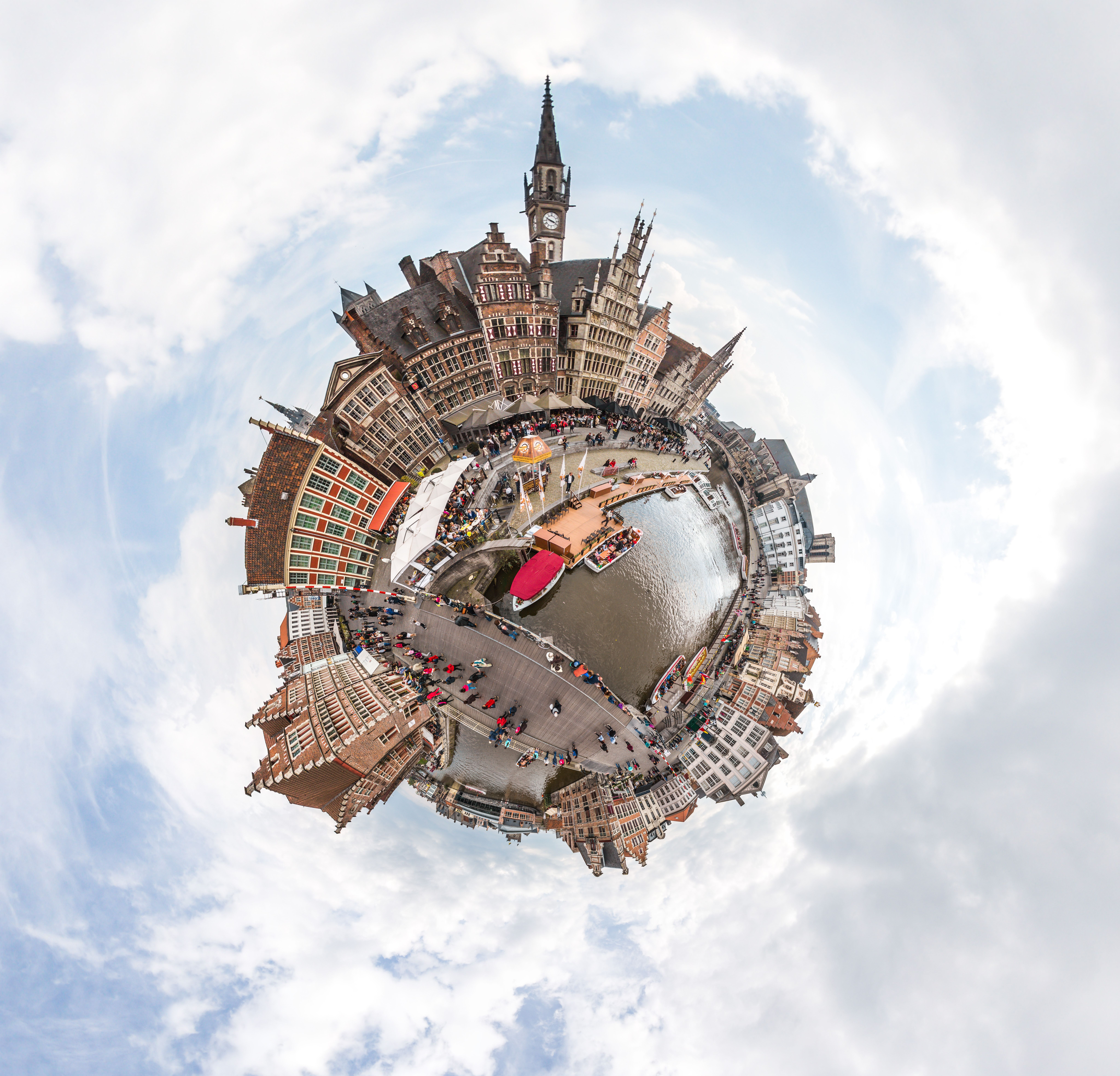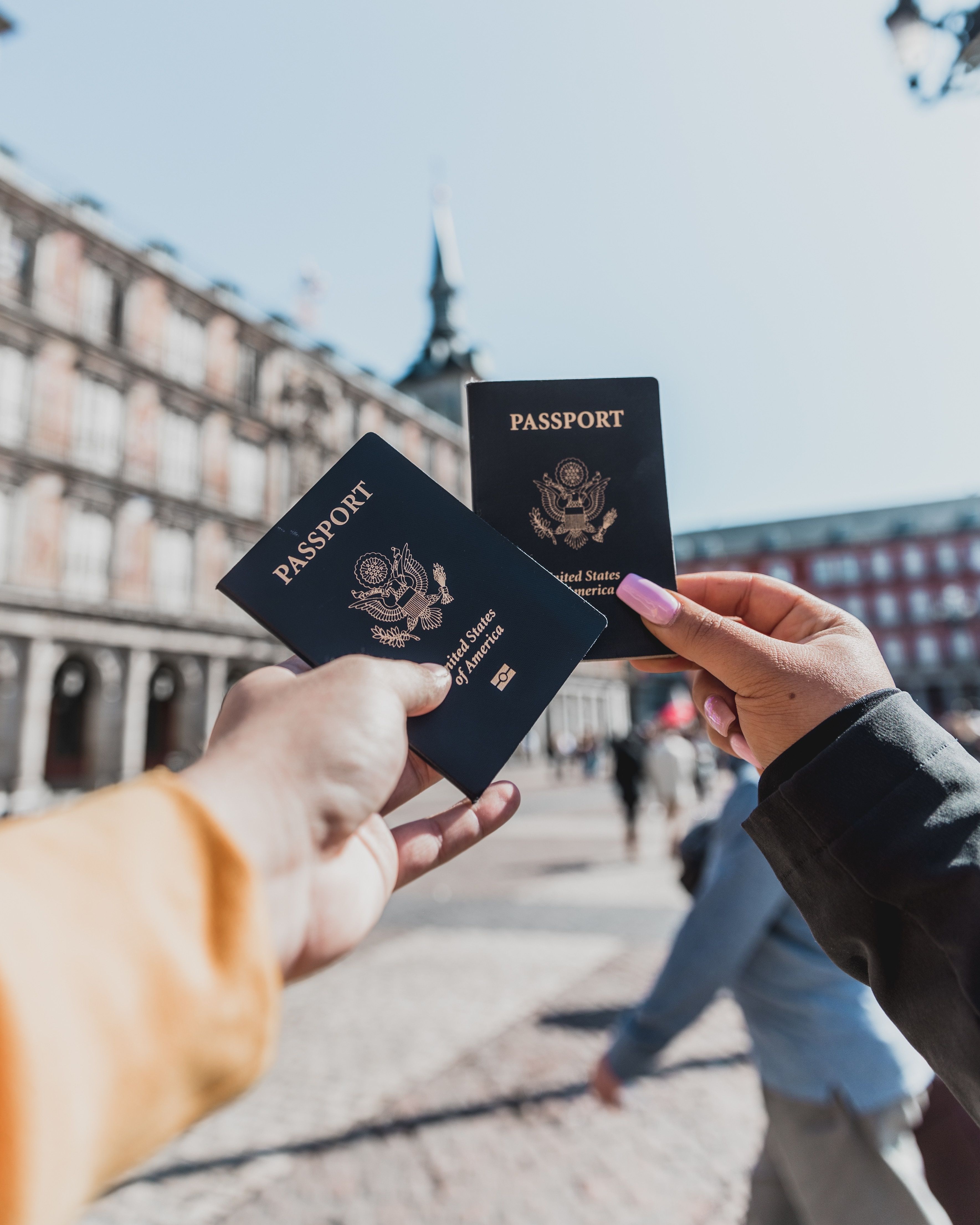
Cultural Enrichment and Cognitive Flexibility through Travel
Travel can have a significant impact on someone's cognitive and emotional development, especially if it exposes them to diverse cultures and lifestyles.

Increased Creativity: Being exposed to many surroundings and cultures helps foster creativity. The culture, cuisine, architecture, and people you come across when traveling may inspire you. Your capacity to think creatively and solve problems in many situations can be improved by doing this. In order to do this, they must become more culturally aware and adaptable, which will improve their capacity to move about strange places and interact with people of different cultures. When confronted with unexpected settings, the brain forges stronger neural connections that can increase cognitive flexibility and maladaptiveness.

Exposure to Diverse Cultures: Travel opens your eyes to the customs, traditions, and ways of people from around the world. Your perspectives might be expanded and your preconceptions can be questioned by interacting with others from different backgrounds. A deeper comprehension and respect of cultural diversity may result from this encounter. People can get fully immersed in many cultures, traditions, and lifestyles through travel. Interacting with people from different origins helps one develop greater tolerance, empathy, and an appreciation of cultural variety. This exposure can enrich one's culture by enlarging their worldview.
Learning and Adaptation: When you travel, you frequently encounter new situations to which you must swiftly acclimatize. Travel can in fact increase cultural enrichment and improve a person's cognitive flexibility. This calls for the capacity for problem-solving and quick learning. As you manage unfamiliar languages, currencies, transit systems, and cultures, these abilities can improve your cognitive flexibility.
Increased Cognitive Flexibility: Travel can raise your tolerance as you learn to cherish diversity and recognize that there are various approaches to overcoming obstacles in life. Your capacity to cooperate and function well with persons from various backgrounds can be enhanced by this. When traveling, being exposed to various locations and experiences encourages cognitive flexibility. It promotes critical thinking, problem-solving, and flexibility in response to unforeseen circumstances, all of which can help people develop their cognitive abilities.

Cultural Exchange: Interacting with locals and taking part in cultural events might help you comprehend a culture better. It may also result in significant cultural and intellectual interactions that benefit both you and the places you visit. Inspiring new ideas and giving unique stimuli are two ways that exposure to other surroundings and cultures can boost creativity. Innovative thinking can result from the fusion of cognitive flexibility with cultural diversity.
Personal Development: Travelling can force you outside of your comfort zone and promote personal development. These experiences can have a positive effect on your cognitive flexibility, whether it's through helping you overcome a fear, increasing your confidence in your skills, or just becoming more independent. Stepping outside of one's comfort zone while traveling is common and can promote personal development and self-discovery. It motivates people to face their limitations, grow resilient, and discover more about themselves.

Cultural Sensitivity: Being exposed to many cultures can increase one's sensitivity and awareness of other cultures. This is helpful in a globalized world where the ability to communicate and understand across cultural boundaries is crucial. The ability of a person to work well in environments with different cultures is known as cultural intelligence (CQ). Travel experiences may greatly improve one's CQ, which is directly related to cognitive flexibility.
Maladaptiveness: Traveling frequently entails unforeseen events like missing flights, communication difficulties, or schedule changes. It needs adaptable thinking and problem-solving skills to meet these obstacles. This may eventually result in improved cognitive flexibility. Traveling can expose people to new experiences and improve memory retention. Travelers frequently encounter circumstances where they must adjust to local rules and customs.
Memory and Learning: Travel offers lots of chances to learn new things and strengthen your memory. These cognitive abilities can be honed by travel experiences, whether it's picking up a few words in a foreign language or memorizing historical details about a place you visit. Traveling can lessen ethnocentrism, which is the propensity to value one's own culture more highly. This perspective change can improve cognitive flexibility and empathy. Exposure to other places and cultural exchange can foster creativity by introducing fresh viewpoints and concepts.

Study Abroad Programmers: Studies have indicated that students who take part in study abroad programs frequently progress significantly academically and personally. The cognitive flexibility, problem-solving abilities, and cultural sensitivity that result from these encounters are frequently improved. Travel's effect on cognitive flexibility can also be influenced by how well you immerse yourself in the local culture. Cultural enrichment and cognitive flexibility have been found to be especially enhanced by immersive experiences, such as living with local families or taking part in community activities.
Open-Mindedness: Travelling might encourage open-mindedness because you may encounter beliefs and practices that are different from your own. It motivates you to approach circumstances with a more accepting and nonjudgmental attitude. You can use this open-mindedness in other areas of your life to increase your capacity for accommodating various points of view and concepts.
Conclusion:
Travel can be a life-changing event that deepens your knowledge of the world and improves your capacity for adaptability. It enables you to adopt fresh viewpoints, adjust to novel circumstances, and cultivate a more open and flexible mindset—all of which can be advantageous to you both personally and professionally. By exposing people to cultural exchange and improving cognitive flexibility, travel has the ability to enrich people's lives. Through personal development, a larger viewpoint, and enhanced creativity, these experiences can help people become more flexible and open-minded.
Increased neuroplasticity, cultural intelligence, improved memory, and other psychological advantages can result from these encounters. The severity of these impacts, however, can differ based on the type of travel experiences and personal circumstances.
Research indicates that travel can have a significant impact on cognitive flexibility and cultural enrichment, especially when it entails cultural immersion and exposure to a variety of experiences.
